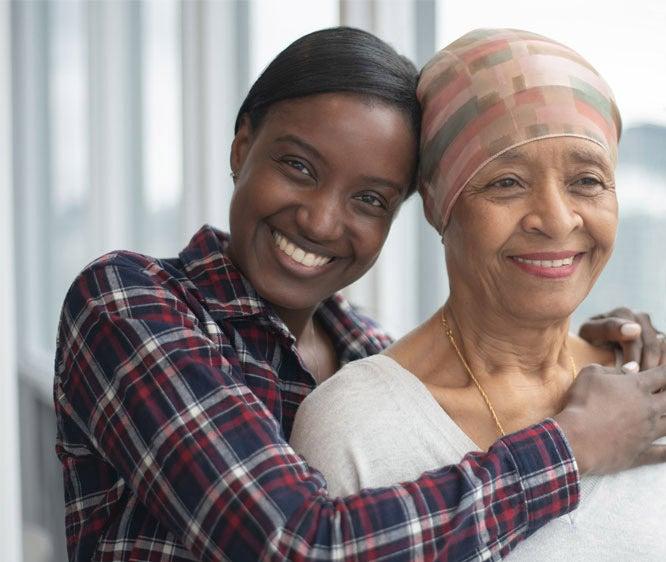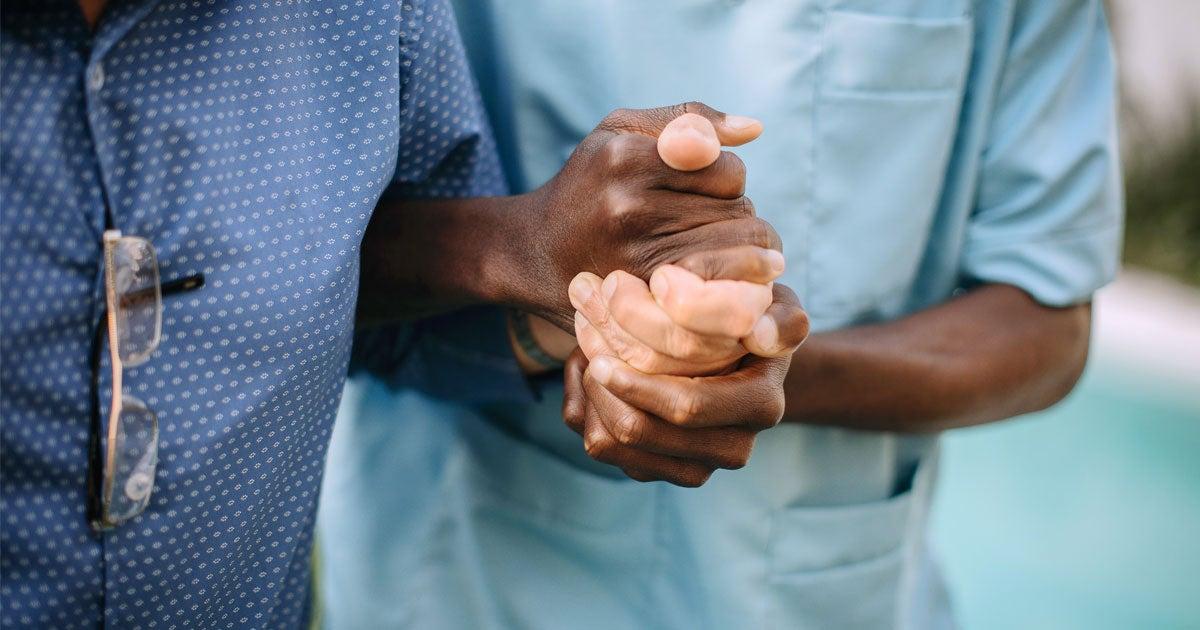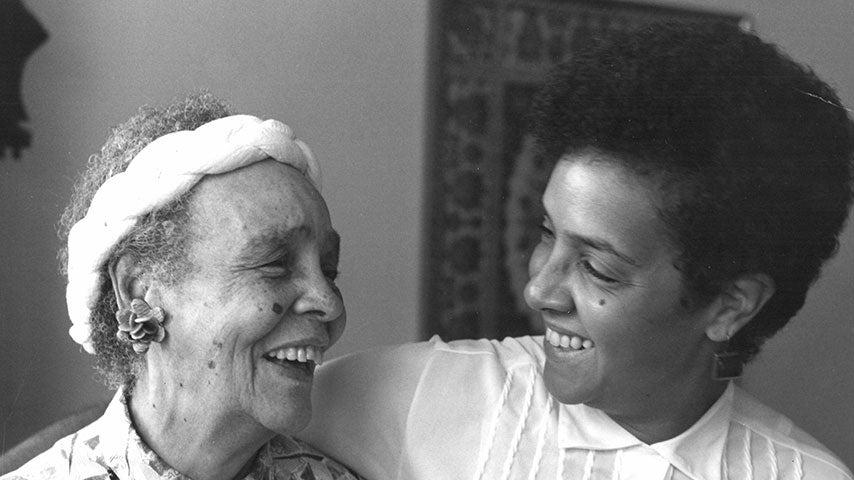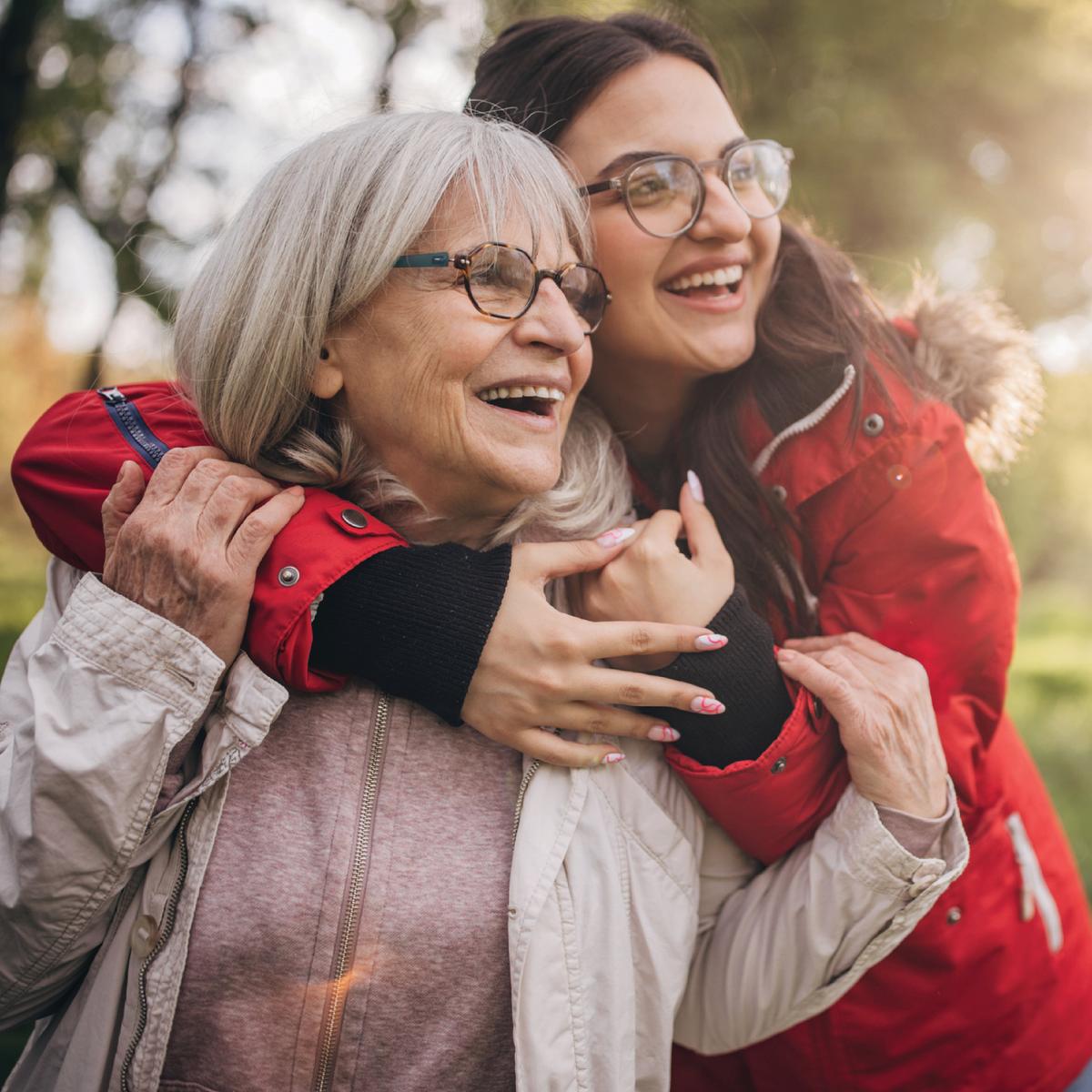Our Promise

For 75 years, the National Council on Aging (NCOA) has built bridges for change alongside generations of families, ensuring their economic, health, and social well-being.
Each stride forward brought progress, improving the lives of older adults—individual by individual. But demographic trends demand more to transcend the tides of ageism and ensure that every person has the opportunity to age with security, dignity, and purpose.
The one thing that will happen to every person born in this world is that they will age. By 2030, those of us aged 65+ will increase from 49 million to 71 million.
After a lifetime of working hard, playing by the rules, raising the next generation, and contributing to our economy and community, we owe it to ourselves to ensure that every older adult has the opportunity to age well.
Our goal is to improve 40 million lives by 2030.
How NCOA Makes an Impact
We have remained focused in our march to measurably improve 40 million older adult lives by 2030. Find out how we're holding ourselves accountable.

What does aging mean to you?
Aging is something we all do—and every journey is unique. Whether you’re discovering new passions, navigating challenges, or finding joy in everyday moments, your story can inspire others and help reshape the way people think about getting older. We’d love to hear from you.
75 Years of Impact
From the spark of a movement to growing toward the future, NCOA's work to ensure we all can age with health and financial security is rooted in a rich history. This 75th anniversary timeline shows some highlights.


